Home>Articles>What Happens If You Remove The Battery From A Smoke Detector?
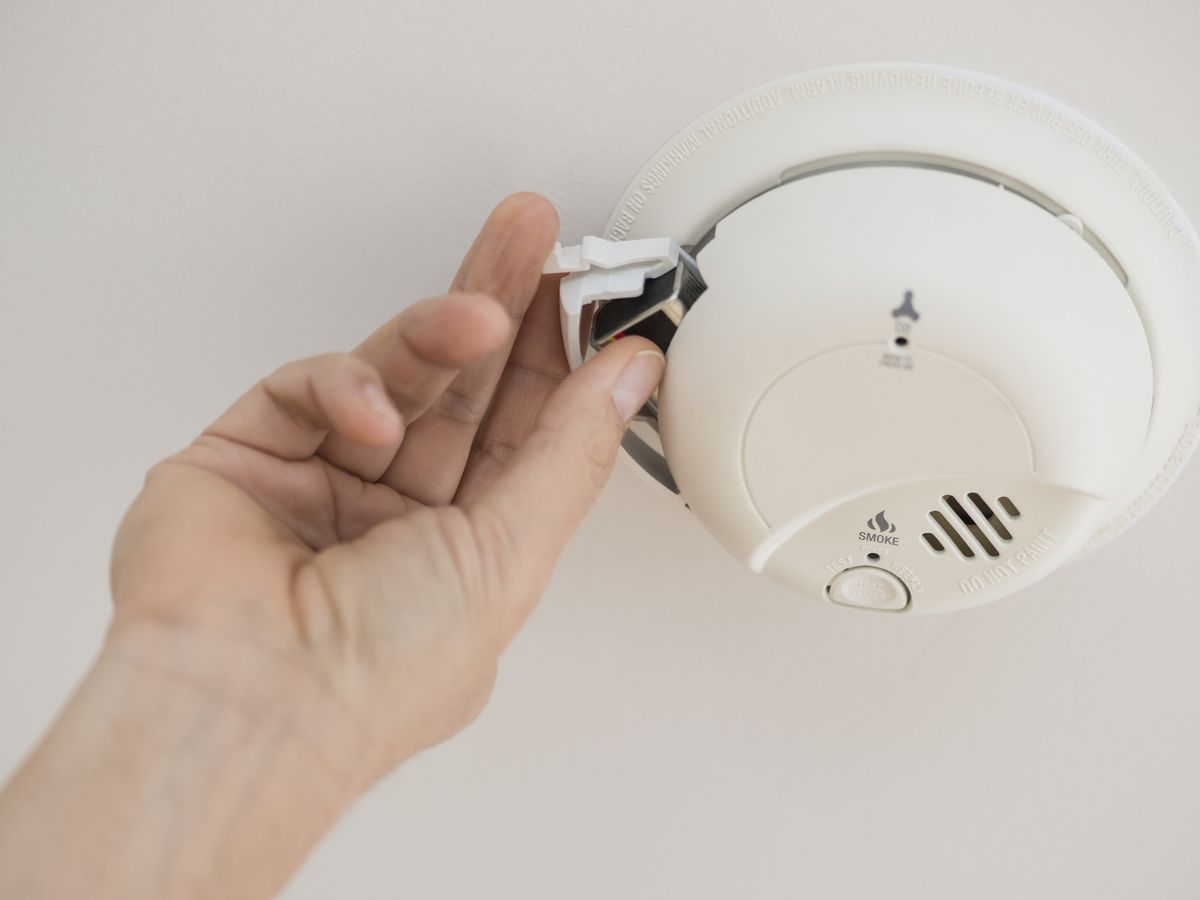

Articles
What Happens If You Remove The Battery From A Smoke Detector?
Modified: October 20, 2024
Find out what happens when you remove the battery from a smoke detector in this informative article that explains the importance of maintaining the safety of your home.
(Many of the links in this article redirect to a specific reviewed product. Your purchase of these products through affiliate links helps to generate commission for Storables.com, at no extra cost. Learn more)
Introduction
Smoke detectors play a crucial role in keeping households and buildings safe from the dangers of fires. These devices are designed to detect the presence of smoke particles in the air, triggering an alarm to alert occupants and giving them time to evacuate to safety. While smoke detectors are generally low-maintenance devices, it is essential to understand the importance of the battery that powers them.
In this article, we will explore the significance of the battery in a smoke detector and what happens when it is removed. We will also discuss the consequences, risks, and potential legal implications of removing the battery, as well as alternative solutions to consider.
Understanding the inner workings of smoke detectors and the role of the battery is essential for every homeowner or tenant. By knowing what happens when the battery is removed, individuals can make informed decisions to ensure the ongoing functionality and effectiveness of their smoke detection system.
Key Takeaways:
- Removing the battery from a smoke detector can lead to severe consequences, including loss of functionality, legal implications, and increased risks to life and property. It is crucial to prioritize safety and explore alternative solutions to address any issues with smoke detectors.
- Proactive maintenance, regular testing, and adherence to manufacturer’s guidelines are essential for ensuring the proper functioning of smoke detectors. Avoid removing the battery and consider replacing it, testing and cleaning the detector, or seeking professional assistance to maintain a safe living or working environment.
Read more: What Happens If You Smoke Thyme
Understanding Smoke Detectors
Smoke detectors are electronic devices designed to detect the presence of smoke particles in the air. These devices are primarily based on two types of sensors: ionization and photoelectric. Ionization smoke detectors use a small amount of radioactive material to ionize the air inside the detector chamber. When smoke enters the chamber, it disrupts the flow of ions, triggering the alarm. On the other hand, photoelectric smoke detectors use a light source and a photosensitive sensor to detect smoke particles. When smoke enters the detector, it scatters the light, causing the sensor to trigger the alarm.
Modern smoke detectors are typically powered by a 9-volt battery or a long-life lithium battery. The battery is responsible for providing the necessary electricity to the detector, ensuring that it is operational and capable of detecting smoke round the clock. In some cases, smoke detectors may be hardwired to the electrical system of the building, with the battery serving as a backup power source in the event of a power outage.
It is important to note that smoke detectors have a limited lifespan, usually around 10 years. Over time, the sensors inside the detector may become less sensitive to smoke particles, reducing their effectiveness. Therefore, regular maintenance and battery replacement are crucial to ensure the proper functioning of smoke detectors.
The Purpose of Smoke Detector Batteries
The battery in a smoke detector serves a critical purpose in ensuring the device’s functionality and reliability. It provides the necessary power to keep the detector operational, allowing it to continuously monitor the air for the presence of smoke particles.
One of the primary reasons for having a battery in a smoke detector is to ensure that the device remains functional during power outages. In the event of a fire, it is crucial to have a working smoke detector that can quickly detect smoke and sound the alarm, alerting occupants to the potential danger. By relying on a battery, smoke detectors are not solely dependent on the electrical power supply, ensuring continuous protection even in the absence of electricity.
The battery also acts as a backup power source in situations where electrical power is unstable or temporarily interrupted. This is especially important in areas prone to electrical fluctuations or frequent power surges. The battery ensures that the smoke detector remains operational during these periods, providing continuous monitoring and protection against fire hazards.
Additionally, smoke detector batteries play a critical role in maintaining the overall integrity and effectiveness of the device. They power the internal components responsible for detecting smoke particles and triggering the alarm. Without a properly functioning battery, the smoke detector may become unreliable and fail to alert occupants in the event of a fire. Regular battery replacement is essential to ensure that the smoke detector remains in optimal working condition.
It is worth noting that smoke detector batteries come with a shelf life, and their performance can degrade over time. As a result, it is crucial to replace the battery at regular intervals, usually once a year, or as recommended by the manufacturer. This proactive approach helps to ensure that the smoke detector is always ready to detect smoke and provide early warning signals to protect lives and property.
Consequences of Removing the Battery from a Smoke Detector
While it may be tempting to remove the battery from a smoke detector for various reasons, such as constantly beeping alarms or accidental triggers, doing so can have severe consequences. Removing the battery essentially renders the smoke detector useless, posing significant risks to the safety of individuals and property.
One of the most immediate consequences of removing the battery is the complete loss of smoke detection functionality. Smoke detectors rely on the battery to power the internal components that detect smoke particles and trigger the alarm. Without the battery, the smoke detector cannot perform its primary function of alerting occupants to the presence of smoke and potential fire hazards.
This loss of smoke detection functionality can result in delayed or even missed warnings in the event of a fire. Without the early detection provided by a smoke detector, individuals may not have enough time to safely evacuate the premises, increasing the risk of injury or fatalities. Fire spreads quickly, and every second counts in ensuring the safety of everyone present.
Furthermore, removing the battery can have legal implications. In many jurisdictions, it is illegal to tamper with or disable smoke detectors in any way. Building codes and regulations often require the installation and proper maintenance of smoke detectors for the safety of occupants. Removing the battery can lead to fines, penalties, or even legal action, particularly in situations where the removal of the battery is discovered during routine inspections or investigations following a fire incident.
Lastly, removing the battery from a smoke detector can create a false sense of security. Occupants may mistakenly believe that the smoke detector is still operational, unaware that it is no longer capable of detecting smoke and sounding the alarm. This false sense of security can lead to complacency and a lack of preparedness, putting lives and property at risk.
Overall, removing the battery from a smoke detector is a dangerous practice that should never be done. It compromises the safety and effectiveness of the device and can have legal consequences. It is far better to address any issues with the smoke detector, such as beeping alarms or accidental triggers, through proper troubleshooting, maintenance, or seeking professional assistance.
Impact on Smoke Detection Functionality
The impact of removing the battery from a smoke detector on its functionality is significant and immediate. Without a battery, the smoke detector becomes incapable of detecting smoke particles and providing early warning signals in the event of a fire.
The battery powers the internal components of the smoke detector that are responsible for detecting smoke particles. These components may include ionization chambers, photoelectric sensors, or a combination of both. When smoke enters the detector, it interrupts the normal operation of these components, triggering the alarm to sound and alerting occupants to the potential danger.
By removing the battery, the smoke detector loses its power source, rendering the sensors and detection mechanisms inactive. As a result, even if smoke is present in the area, the smoke detector will not be able to sense it and trigger the alarm. This can lead to delays in detecting the fire and issuing warnings, significantly increasing the risk to people and property.
The impact on smoke detection functionality extends beyond the immediate area where the smoke detector is located. Smoke can quickly spread throughout a building, especially in the case of a rapidly growing fire. With a non-functional smoke detector, the alarm will not sound, allowing the smoke to continue spreading unchecked. This can lead to a more extensive fire and greater damage before anyone becomes aware of the situation.
In some cases, interconnected smoke detector systems are installed in buildings. These systems are designed to communicate with each other, ensuring that when one smoke detector detects smoke, all interconnected detectors sound their alarms simultaneously. Removing the battery from one smoke detector can disrupt the functionality of the entire interconnected system, rendering all detectors in the system ineffective.
Overall, removing the battery from a smoke detector has a severe impact on its functionality. It disables the detectors’ ability to sense smoke and trigger alarms, compromising the early detection and warning capabilities that are crucial in preventing injuries, fatalities, and property damage in the event of a fire.
If you remove the battery from a smoke detector, it will not be able to function properly and may not alert you to a fire. Always replace the battery promptly to ensure your safety.
Risks of Battery Removal
While it may be tempting to remove the battery from a smoke detector for various reasons, such as nuisance alarms or constant beeping, there are significant risks associated with this action. Removing the battery from a smoke detector can lead to potentially dangerous consequences that compromise the safety of individuals and property.
1. Lack of Early Warning: The primary purpose of a smoke detector is to provide early warning in the event of a fire. By removing the battery, the smoke detector loses its ability to detect smoke particles and trigger the alarm. This means that occupants will not receive timely alerts, increasing the risk of injury or death as they may not have enough time to evacuate safely.
2. Increased Fire Damage: Without a functioning smoke detector, fires can go undetected for longer periods. This delay in detection allows the fire to grow and spread, resulting in increased fire damage. The absence of early warning also hampers the ability to suppress the fire in its early stages, making it more difficult for firefighters to control and extinguish.
3. Property Destruction: Fires can cause irreparable damage to homes and buildings, resulting in the loss of valuable possessions and sentimental items. Removing the smoke detector battery increases the likelihood of extensive property destruction as fires can go unnoticed until they have developed into a more significant and uncontrollable blaze.
4. Endangering Lives: Fire incidents put lives at risk, and the presence of a functioning smoke detector can significantly reduce the chances of injuries or fatalities. Removing the battery from a smoke detector jeopardizes the safety of all occupants, including family members, tenants, or employees, as they will not be promptly alerted to the presence of smoke or fire. Every second counts in an emergency situation, and a non-functional smoke detector can be a matter of life or death.
5. False Sense of Security: Removing the battery from a smoke detector can create a false sense of security. Occupants may assume that the smoke detector is still providing protection when, in reality, it is rendered ineffective. This false sense of security may lead to complacency, resulting in a lack of preparedness and slower response in the event of a fire.
It is crucial to prioritize safety and refrain from removing the battery from a smoke detector under any circumstances. If there are concerns or issues with the smoke detector, it is advisable to address them by following the manufacturer’s instructions, seeking professional assistance, or consulting with the property manager or landlord.
Legal Implications and Penalties
Removing the battery from a smoke detector may seem like a minor action, but it can have significant legal implications and potential penalties. Many jurisdictions have laws and regulations in place that require the installation, maintenance, and proper functioning of smoke detectors in residential and commercial buildings.
1. Violation of Building Codes: Building codes and regulations often mandate the installation and maintenance of functioning smoke detectors in residential and commercial properties. Removing the battery from a smoke detector constitutes a violation of these codes and can result in legal consequences.
2. Noncompliance with Tenancy Laws: In rental properties, landlords are typically responsible for providing and maintaining smoke detectors. As a tenant, it may be against tenancy laws to tamper with or remove batteries from smoke detectors without the consent of the landlord. Violating tenancy laws can lead to eviction or legal action from the landlord.
3. Potential Civil Liability: If a fire were to occur in a property where the smoke detector battery had been removed, and injuries or property damage resulted, there is a potential for civil liability. Victims may hold the individual responsible for removing the battery liable for damages, medical expenses, and other losses incurred as a result of the fire.
4. Fines and Penalties: The penalties for removing the battery from a smoke detector can vary depending on local regulations and the severity of the offense. In many cases, fines can range from several hundred to thousands of dollars. Repeat offenders or cases involving deliberate tampering may face more severe penalties, including higher fines or even imprisonment.
5. Insurance Coverage Limitations: Insurance policies typically require compliance with building codes and safety regulations. If a fire occurs in a property where the battery was removed from a smoke detector, insurance coverage may be denied or limited due to the noncompliance. This can result in substantial out-of-pocket expenses for the property owner or tenant.
It is essential to understand and adhere to the legal requirements and obligations regarding smoke detectors in your jurisdiction. Tampering with or removing the battery from a smoke detector not only puts lives and property at risk but also exposes individuals to potential legal liability and financial consequences.
Instead of removing the battery, it is recommended to address any issues with the smoke detector through proper troubleshooting, maintenance, or contacting a professional technician for assistance. Maintaining a fully functional smoke detection system is crucial for the safety and well-being of everyone in the building.
Alternatives to Removing the Battery
While removing the battery from a smoke detector is never recommended, there are alternative solutions to address common issues that may arise with smoke detectors. These alternatives allow you to maintain the functionality and effectiveness of the device while addressing any concerns or inconveniences you may encounter.
1. Replace the Battery: If your smoke detector is beeping due to a low battery or needs a battery replacement, the best course of action is to replace the battery with a fresh one. Ensure that you use the recommended battery type specified by the manufacturer, and follow the instructions for proper installation.
2. Test and Clean the Detector: Sometimes, smoke detectors may malfunction or give false alarms due to dust or debris accumulation. Before considering battery removal, try testing the smoke detector to ensure it is functioning correctly. If it fails the test, clean it using a soft brush or compressed air to remove any accumulated dirt or dust that may be affecting its performance.
3. Check for Faulty Wiring or Sensors: If you are experiencing frequent false alarms or other persistent issues with your smoke detector, it is advisable to check the wiring connections and sensors. Loose or faulty wiring can result in malfunctions. If you suspect a sensor issue, consult the manufacturer’s instructions or contact a qualified technician for assistance.
4. Contact the Manufacturer or a Professional: If you are unable to resolve the issue or have concerns about your smoke detector, reach out to the manufacturer for guidance. They can provide specific troubleshooting steps or advise on the next course of action. In some cases, it may be necessary to seek the assistance of a professional technician who specializes in smoke detector maintenance and repair.
5. Consider Upgrading or Replacing the Smoke Detector: If your smoke detector is old or consistently giving false alarms despite attempts to resolve the issue, it may be time to consider upgrading or replacing it. Modern smoke detectors often come with advanced features and improved performance. Consult with experts or review product recommendations to choose a suitable replacement that meets your needs.
Remember, smoke detectors are critical for early fire detection and saving lives. Tampering with or removing the battery compromises their functionality and puts individuals and property at risk. It is always recommended to explore the alternative solutions mentioned above or seek professional assistance before resorting to battery removal.
Proactive maintenance, regular testing, and adherence to the manufacturer’s guidelines are essential to ensure the proper functioning of smoke detectors and maintain a safe living or working environment.
Conclusion
Smoke detectors are essential safety devices that play a crucial role in protecting lives and mitigating property damage in the event of a fire. Understanding the significance of the battery in a smoke detector is vital for maintaining the device’s functionality and ensuring the continuous monitoring and detection of smoke particles.
Removing the battery from a smoke detector has severe consequences on its functionality and poses significant risks. It disables the smoke detection capabilities, leading to delayed or missed warnings in the event of a fire. This, in turn, increases the potential for injuries, fatalities, and extensive property damage.
There are legal implications associated with removing the battery, including violations of building codes, noncompliance with tenancy laws, potential civil liability, fines, penalties, and limited insurance coverage. It is essential to adhere to the regulations and obligations in your jurisdiction to promote a safe environment for everyone.
Instead of removing the battery, there are alternative solutions to address common issues with smoke detectors. These alternatives include replacing the battery, testing and cleaning the detector, checking for faulty wiring or sensors, contacting the manufacturer or a professional for guidance, and considering an upgrade or replacement if necessary.
By proactively maintaining smoke detectors, following the manufacturer’s instructions, and addressing any issues appropriately, you can ensure the continuous operation of these critical devices. Regular battery replacement, testing, and cleaning are essential to keep smoke detectors in optimal working condition.
Remember, the safety of individuals and property should always be the top priority. Tampering with or removing the battery from a smoke detector is never advisable. Maintain a functioning smoke detection system to provide early warnings and protect against the dangers of fires.
By staying informed, being proactive, and taking the necessary precautions, you can contribute to creating a safer environment for yourself and those around you.
Frequently Asked Questions about What Happens If You Remove The Battery From A Smoke Detector?
Was this page helpful?
At Storables.com, we guarantee accurate and reliable information. Our content, validated by Expert Board Contributors, is crafted following stringent Editorial Policies. We're committed to providing you with well-researched, expert-backed insights for all your informational needs.
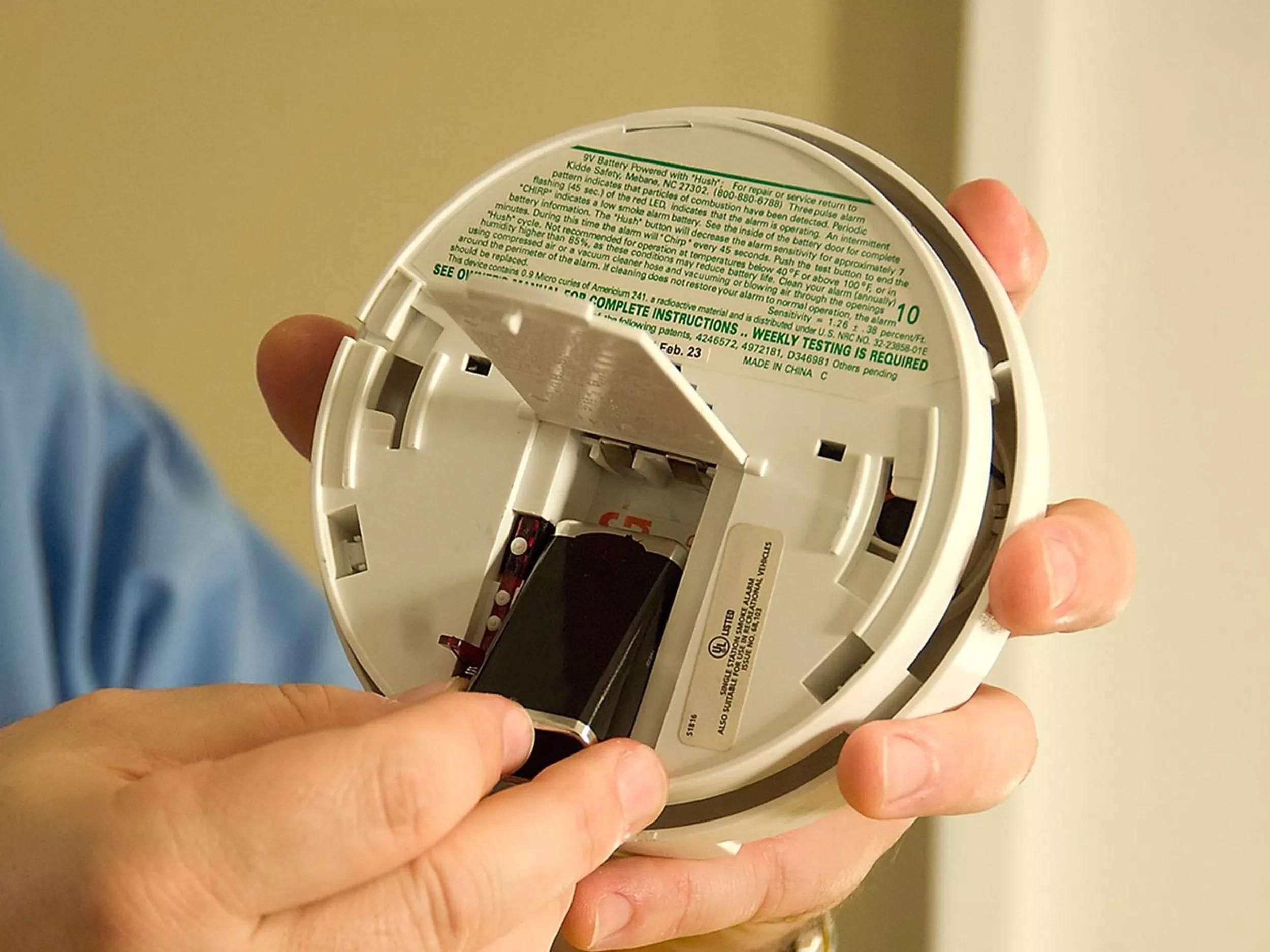
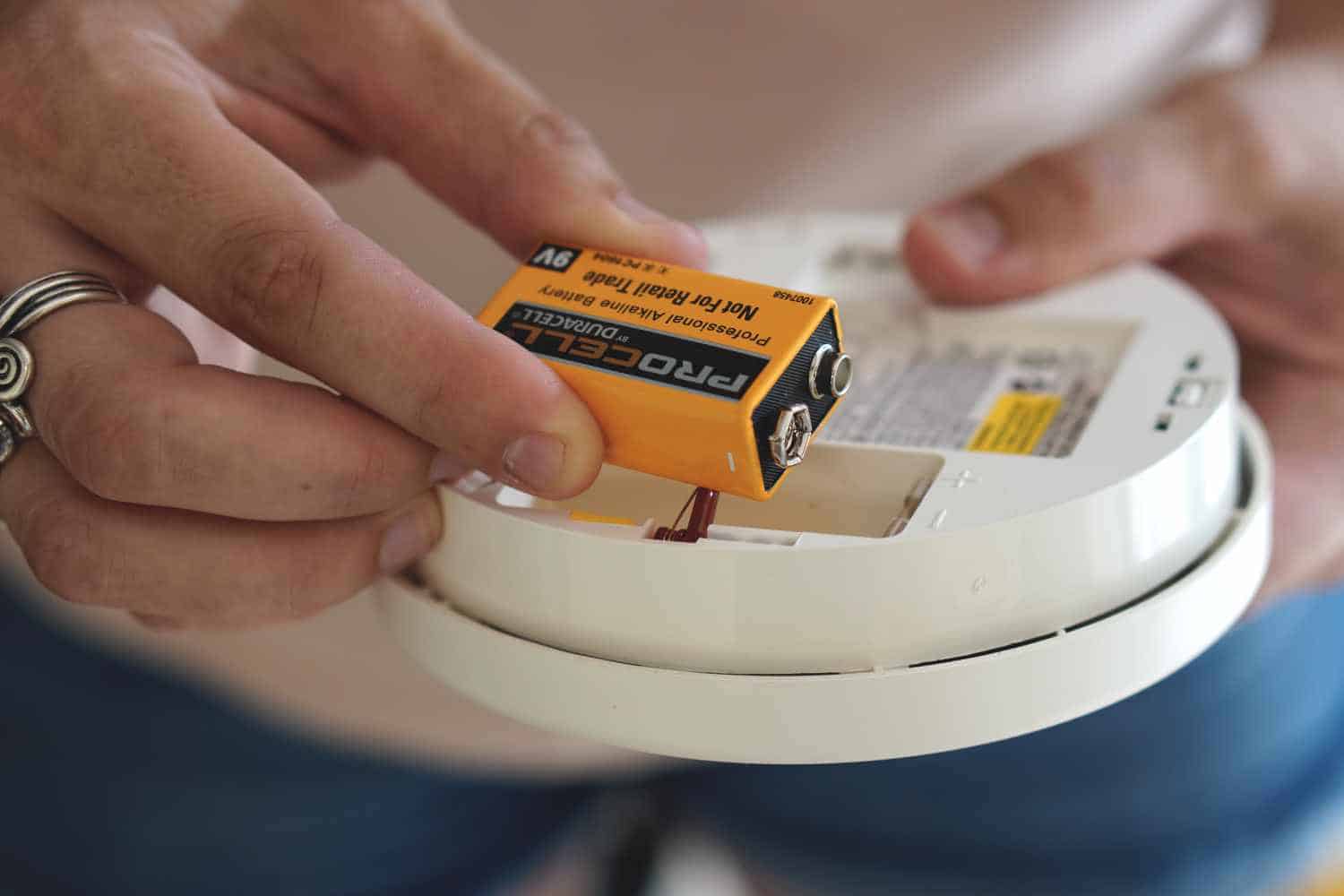
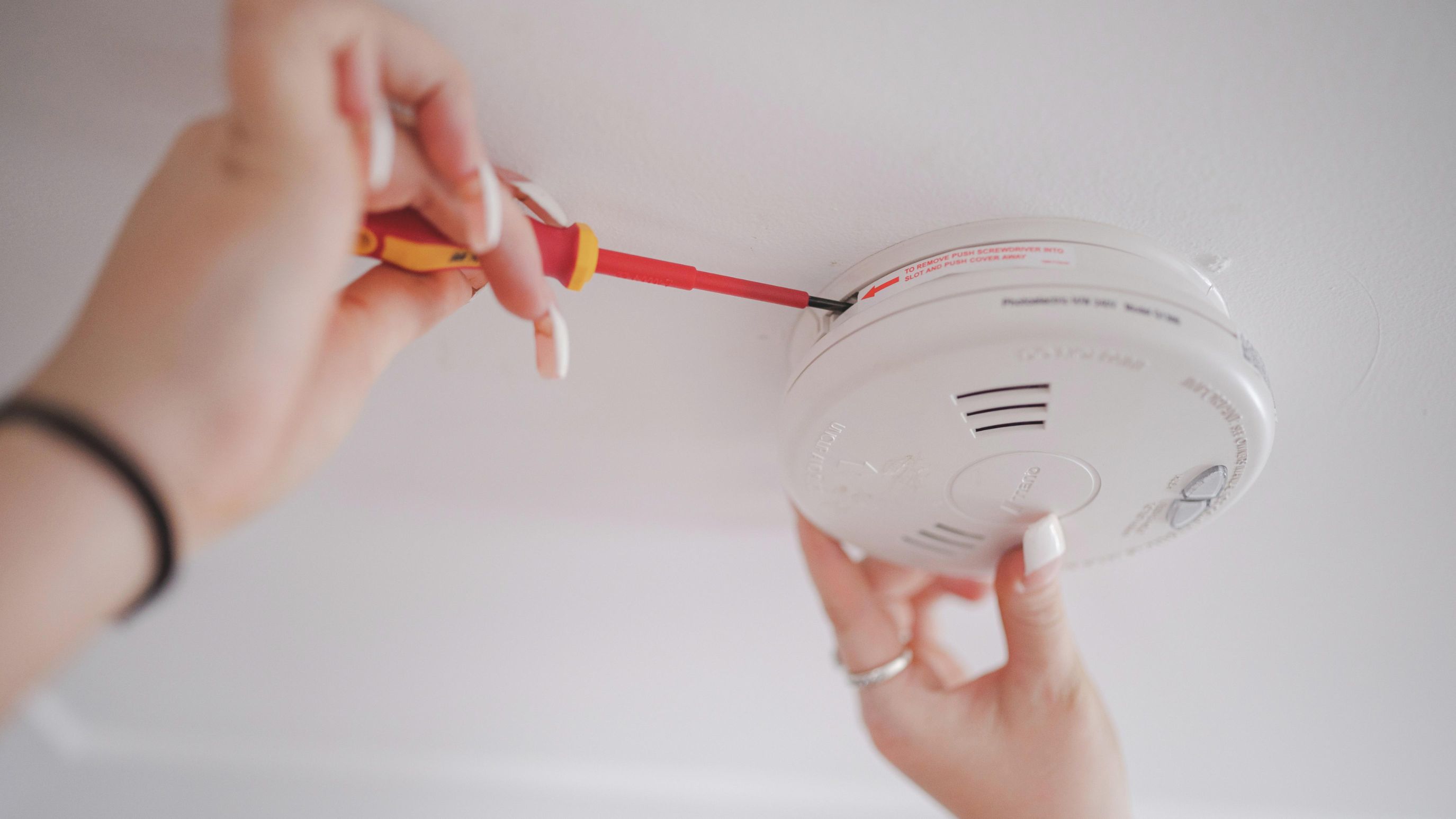
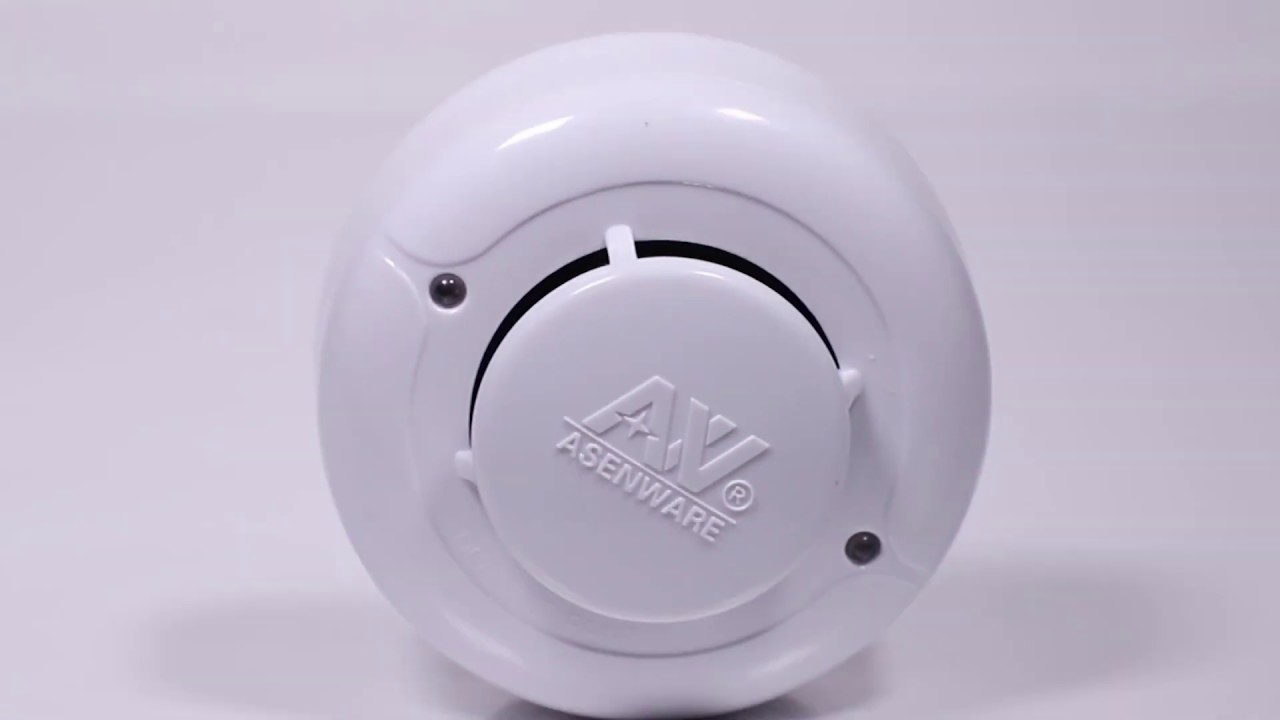
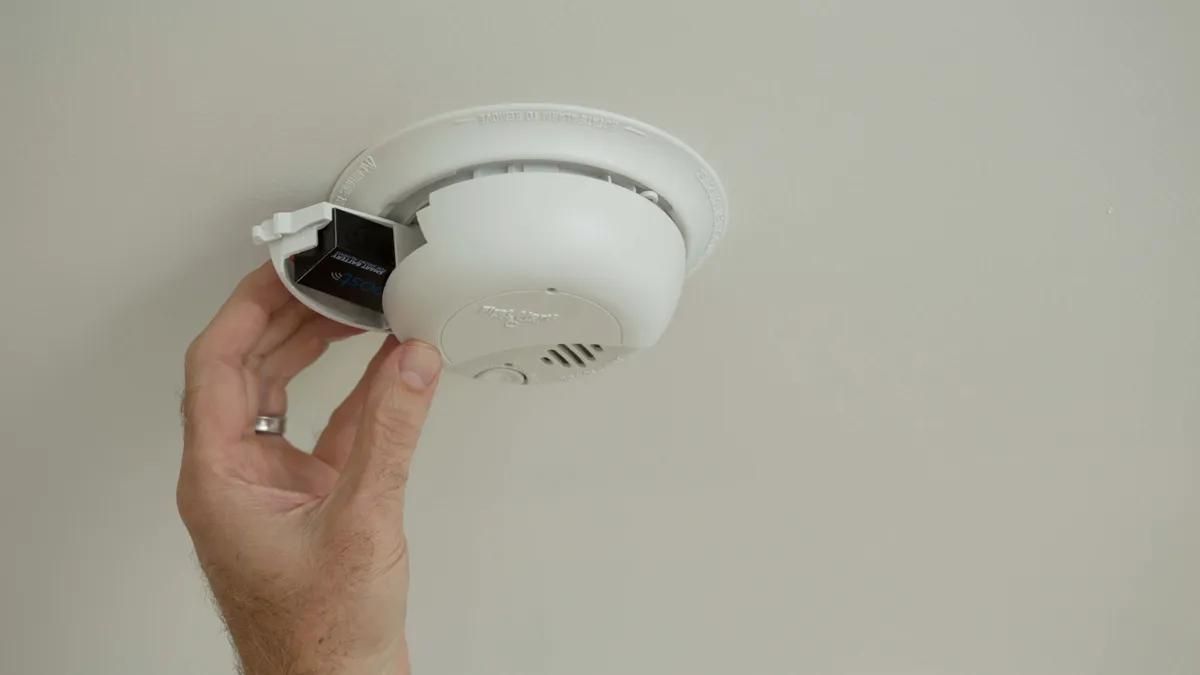
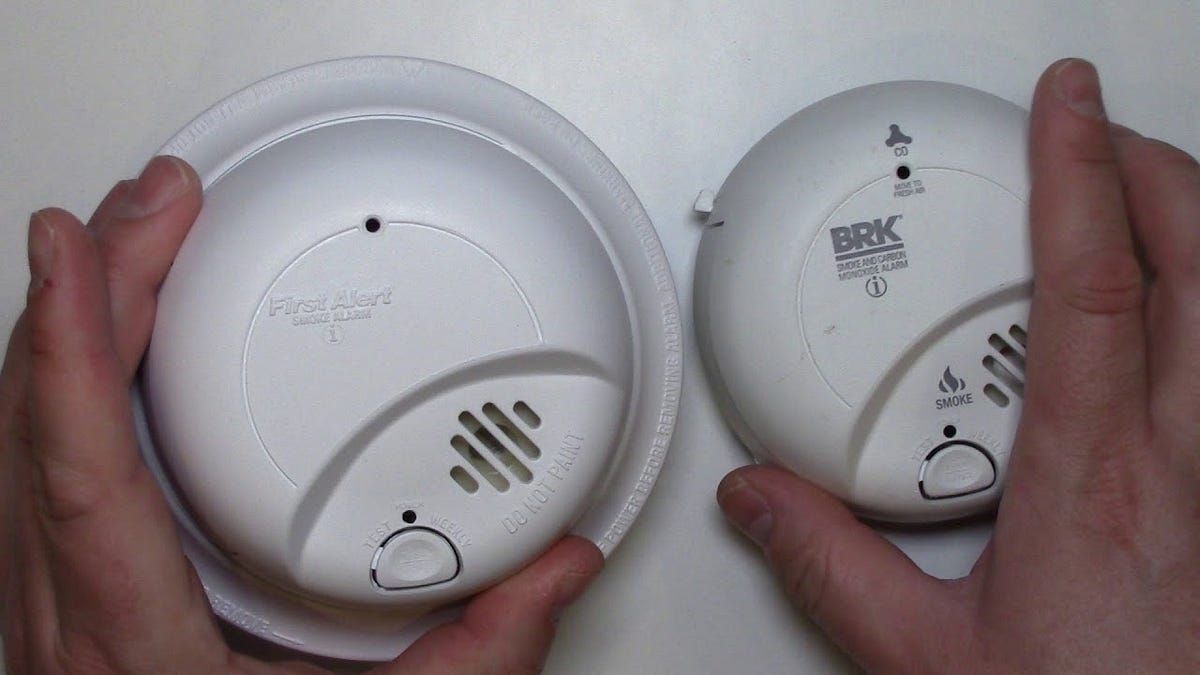
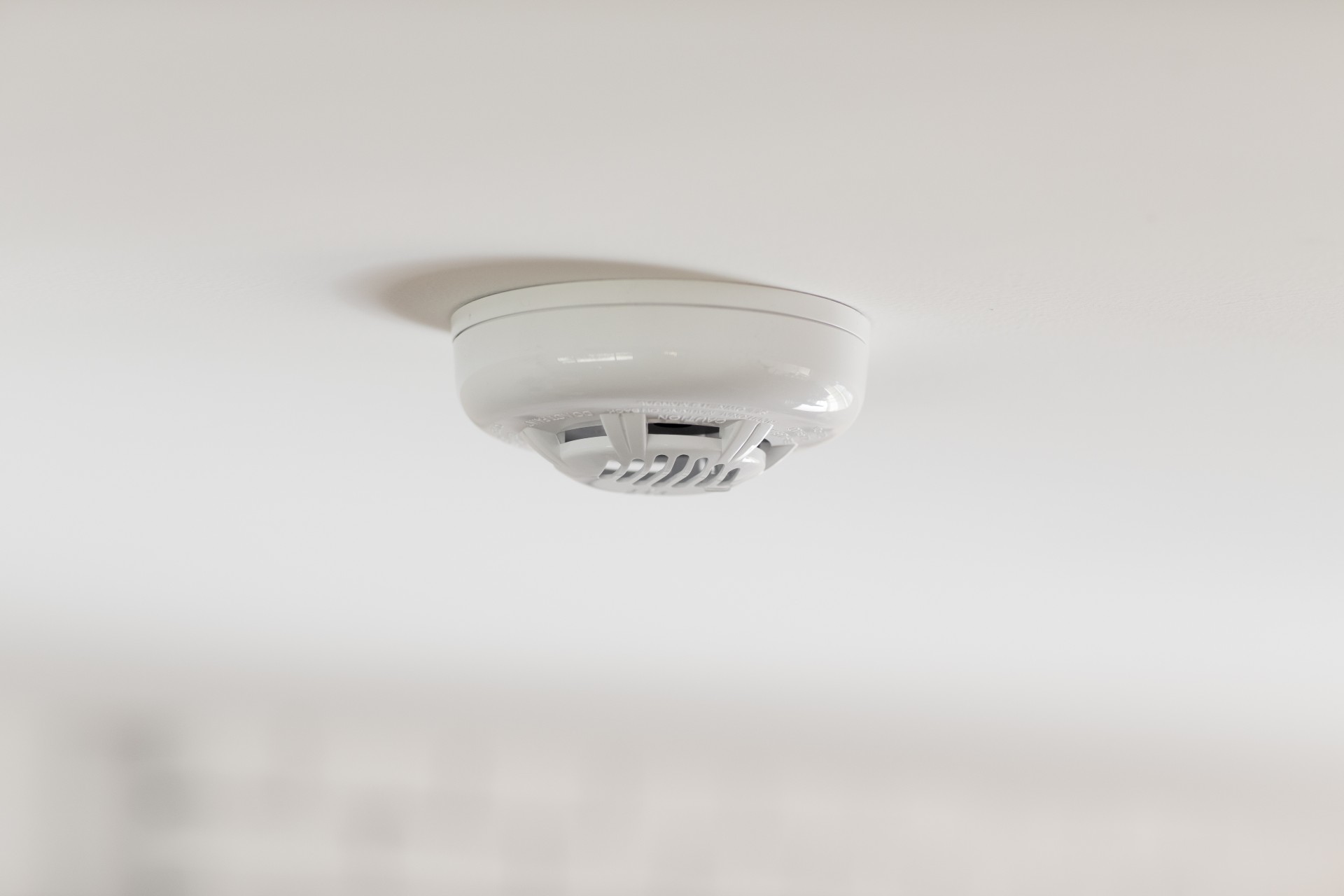
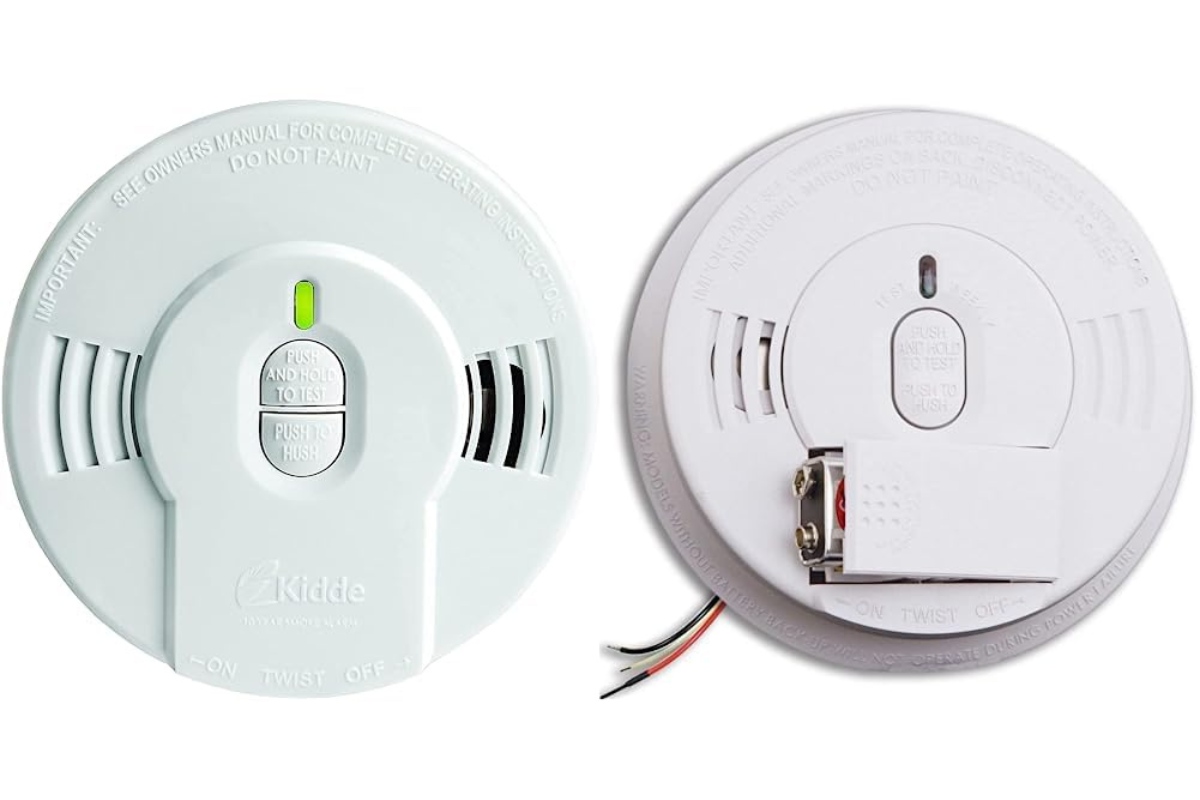
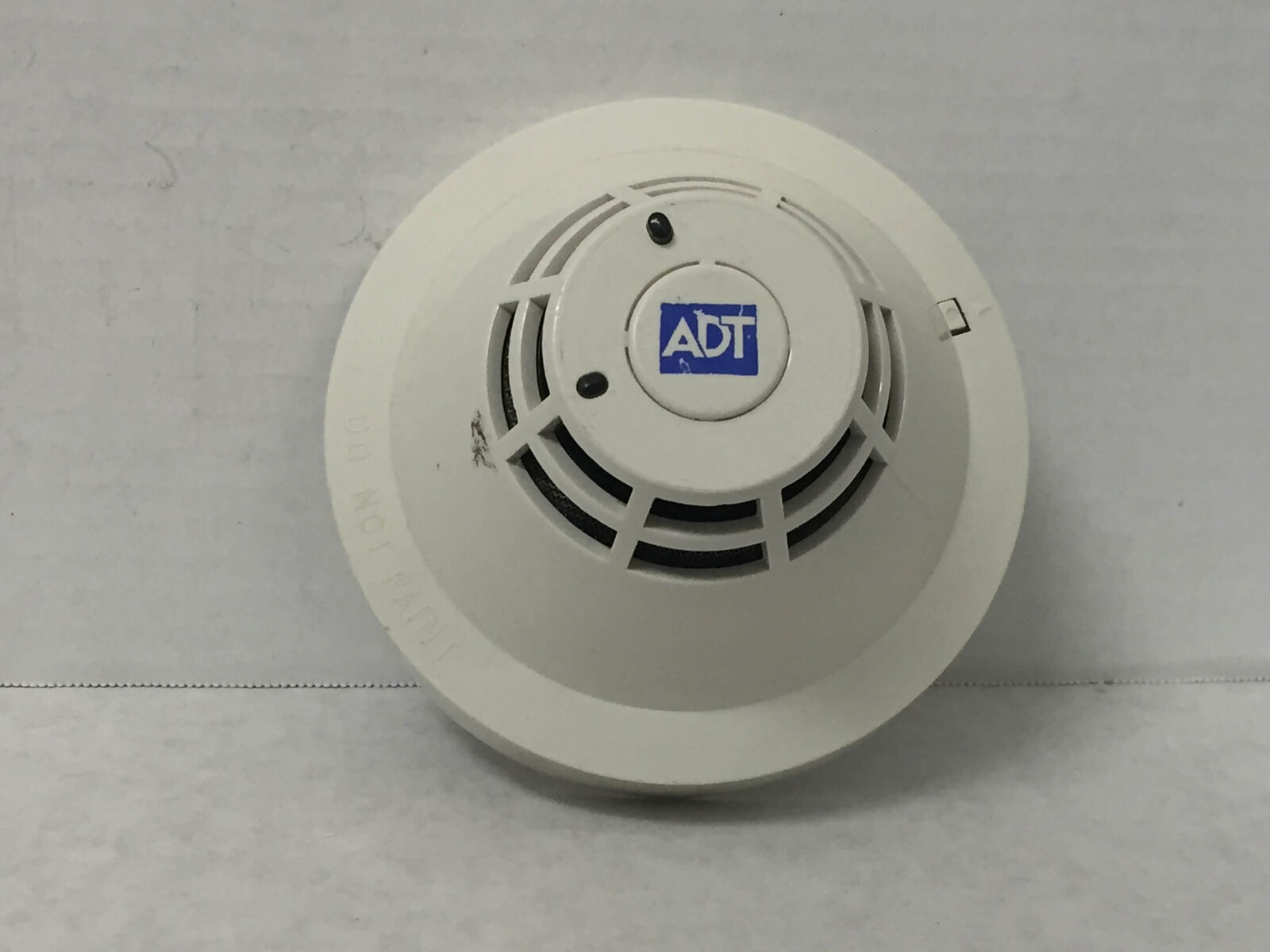
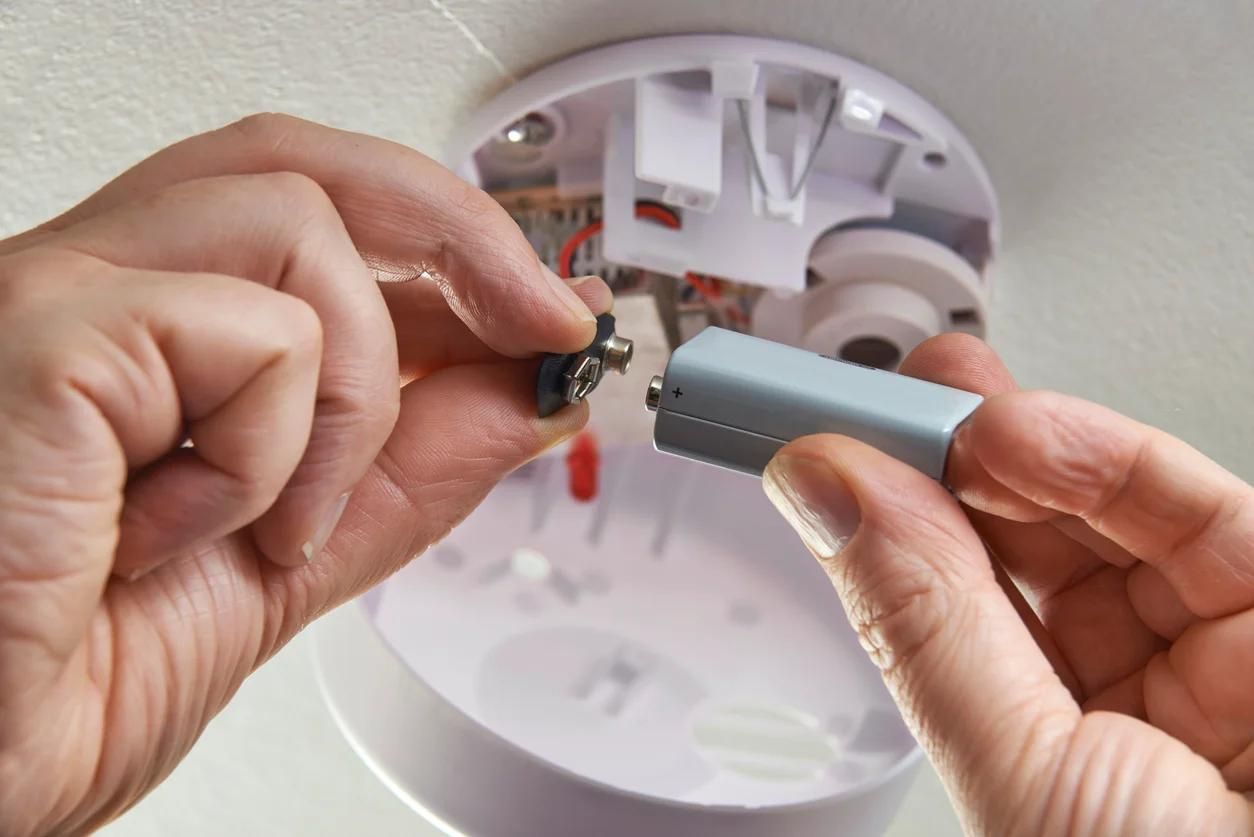

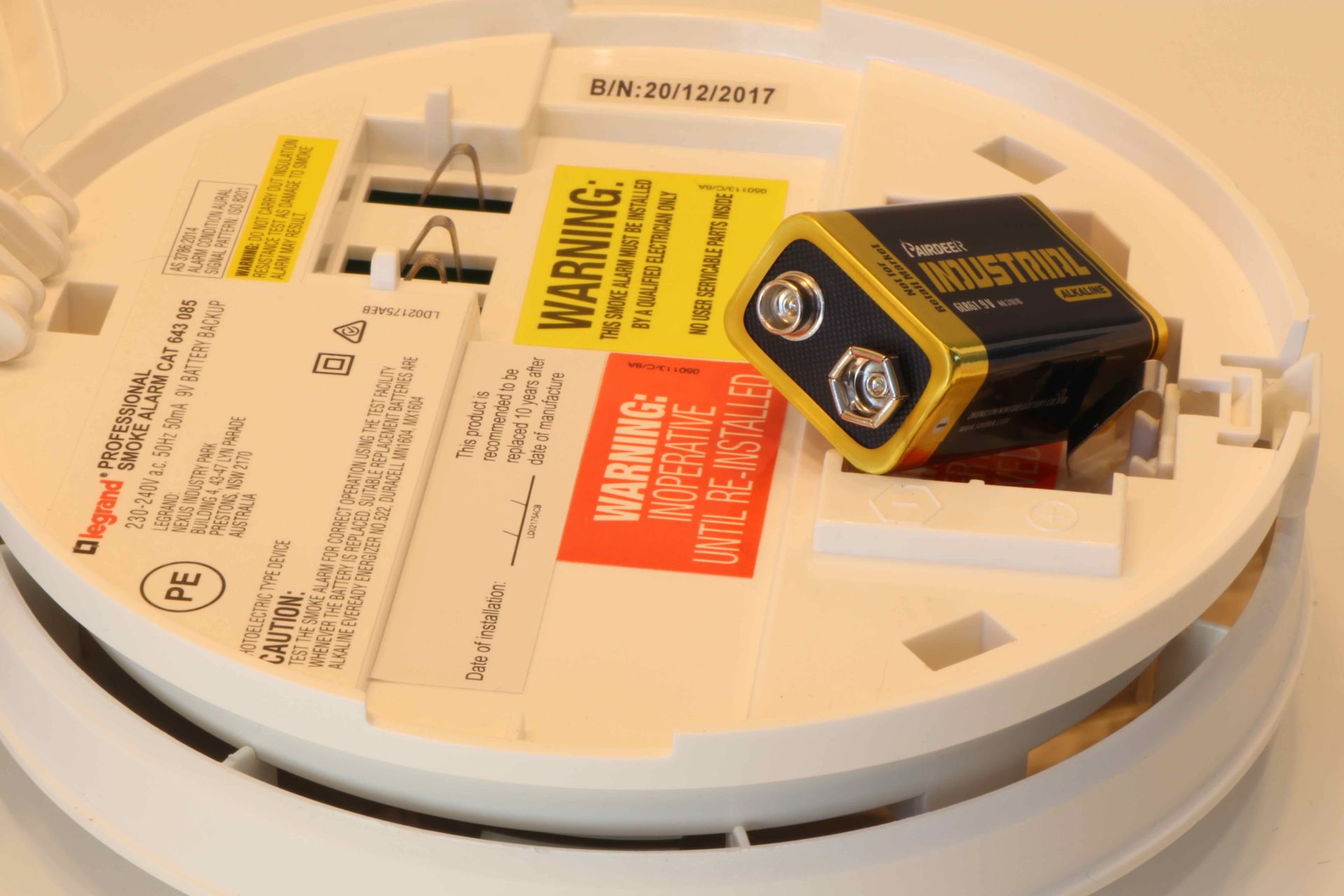
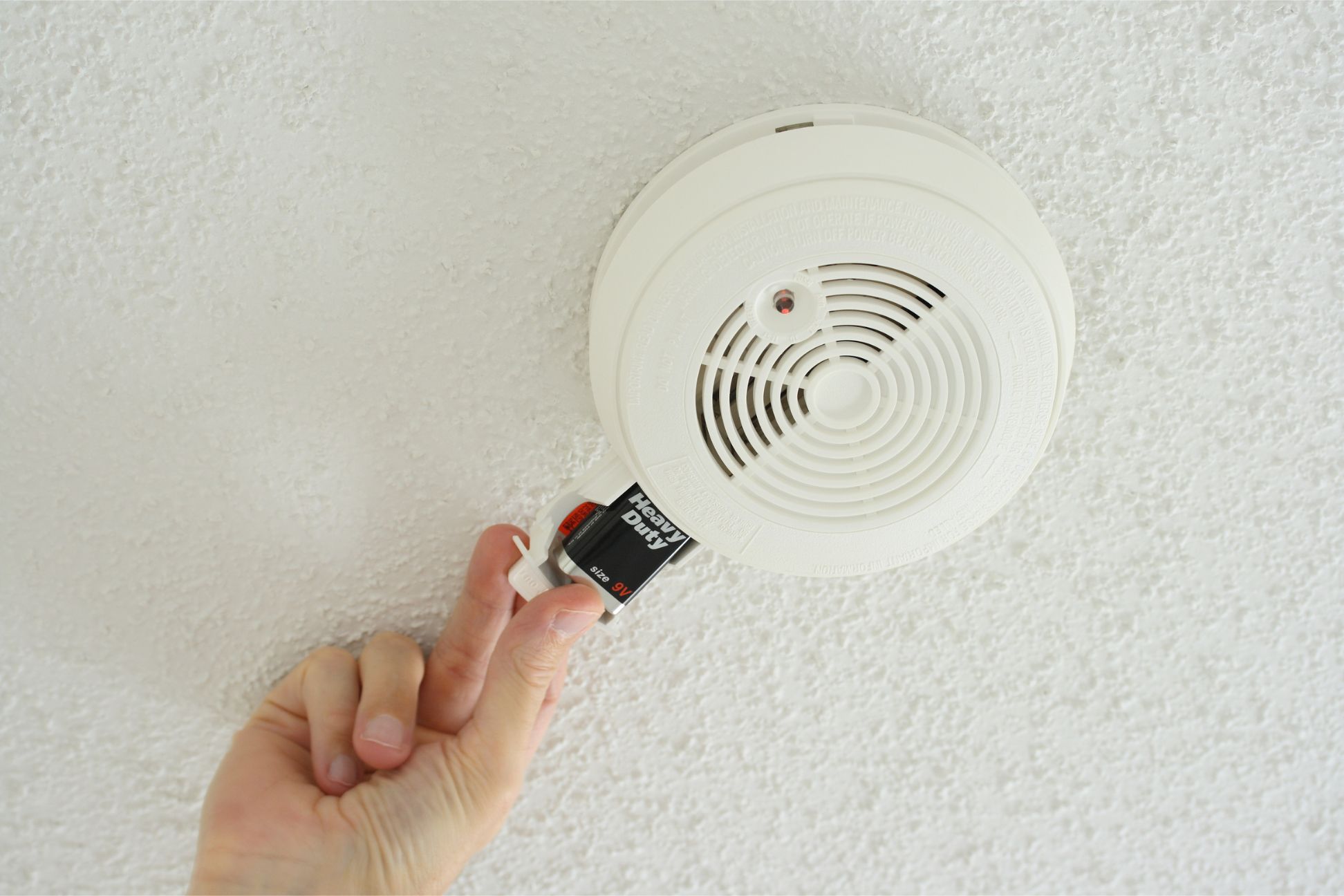
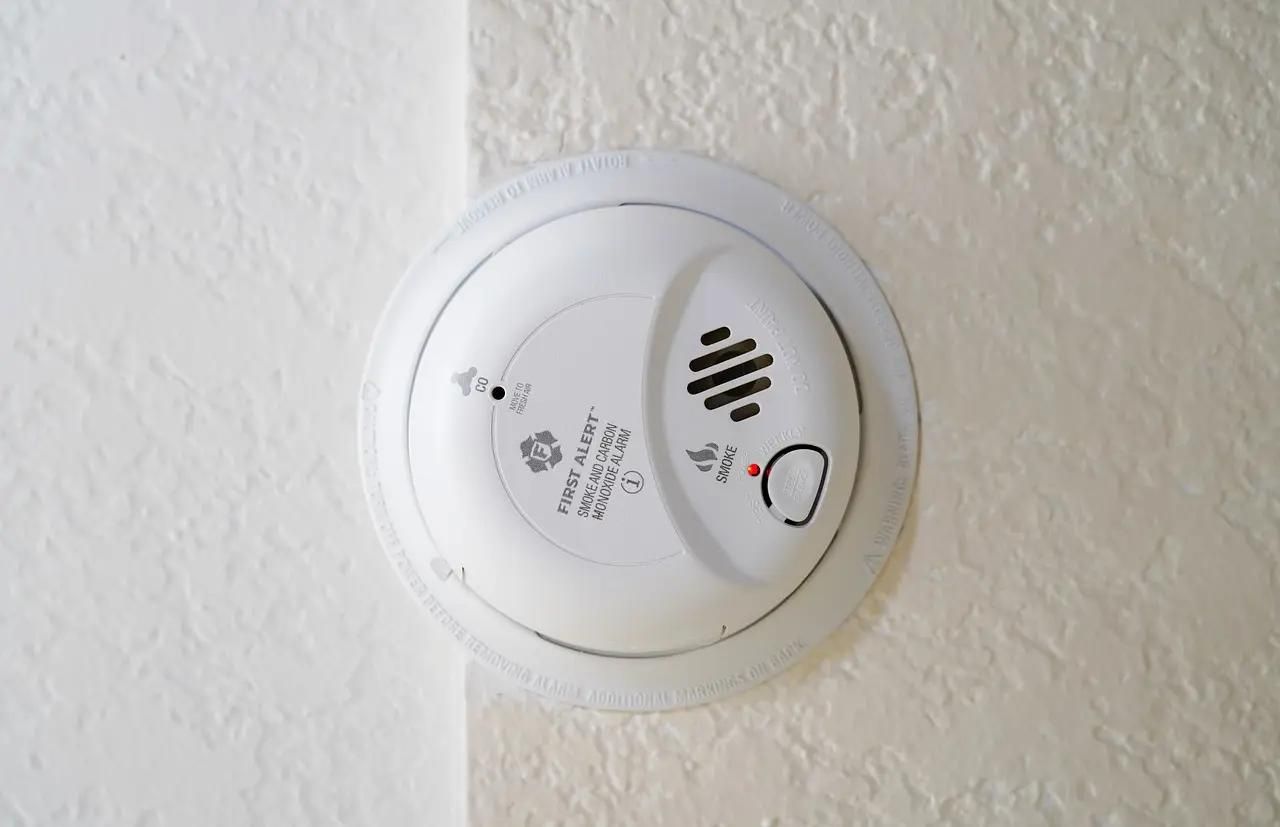

0 thoughts on “What Happens If You Remove The Battery From A Smoke Detector?”